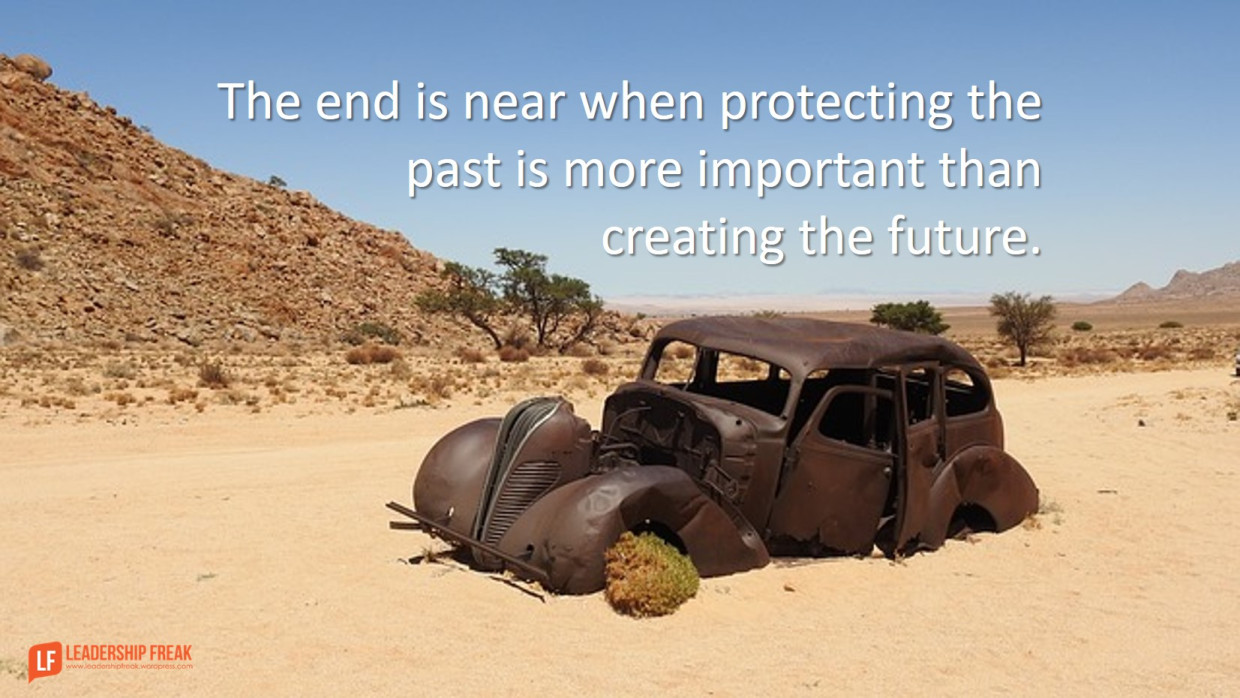Why billable work outweighs biz dev work (but shouldn’t)
You are likely aware of the distinction between urgent and important tasks in the context of time management.
Assuming you have enough work to keep you reasonably occupied and compensated (even if that means doing work for someone else’s clients rather than your own), business development tends to be an important task, but not an urgent one. The activity that will lead to new work falls to the bottom of the priority list.
Improving your practice is important, but unless there’s some pain or dire need involved, that desire is less immediate than doing what’s necessary to maintain your practice. Wouldn’t you rush to replace a broken window in your home more quickly than one that might better conserve energy? You’ll do what you must to fix the broken window, but everything from social plans to routine housework to downtime might pull you away from a home improvement project. The same goes for practice maintenance vs. practice improvement.
That’s why the feast/famine cycle is so dangerous: once business development activity has resulted in a “feast” of billable work, the temptation is to focus on that work and to back off the business development activity… Until the billable work is completed and the famine hits. By working to maintain the new level of work, you not only stop working to improve it but you may even unintentionally let the improvement slip away.
Seth Godin recently offered another explanation of why recognizing the distinction between urgent and important matters. Casting the distinction in terms of competence and confidence, he concludes that “[i]mportant… is fraught with fear, with uncertainty and with the risk of failure.” Read the rest of his post for a nuanced view of how viewing business development as urgent vs. important may reveal (and validate) your expectations about the likelihood of success.
Next time you catch yourself putting off business development activity because you have too many urgent tasks (read: billable work), revisit this urgent vs. important question. Do you need to address it in the context of time management or confidence?

